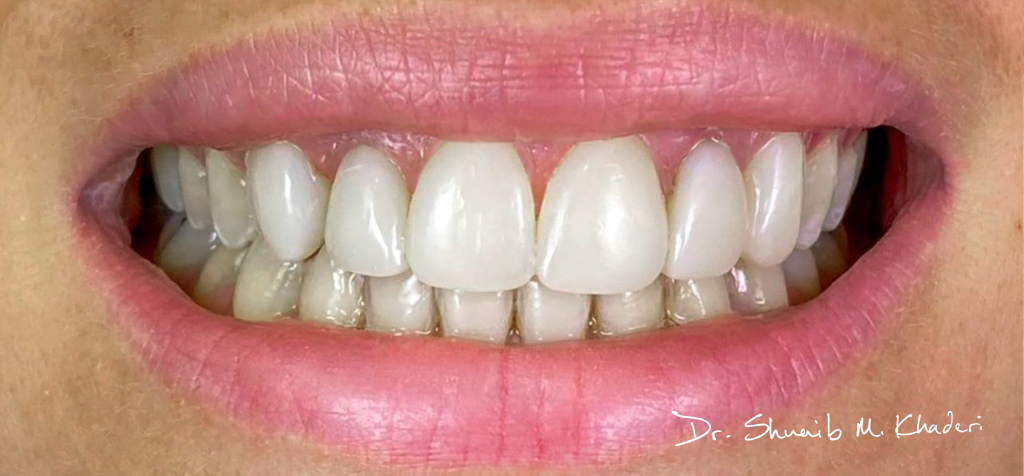Orthodontist Or Dentist – Knowing The Difference
2 min read
Many people often find themselves unsure about whether to visit a dentist or an orthodontist. While both professionals play essential roles in dental care, they have distinct specializations and responsibilities. Understanding the differences between a dentist and the best orthodontist in Abu Dhabi can help you make informed decisions about your dental health.
Education and training
Both dentists and orthodontists complete dental school, but orthodontists undergo additional training. After earning a Doctor of Dental Surgery (DDS) or Doctor of Medicine in Dentistry (DMD) degree, orthodontists complete a two to three-year residency program focused specifically on orthodontics. This specialized education equips them with the knowledge and skills necessary to diagnose and treat dental and facial irregularities.
Primary focus
The primary focus of a dentist is to provide general dental care. They handle a wide range of services, including:
- Routine check-ups: Dentists perform regular examinations to assess oral health and identify any issues.
- Preventive care: They provide cleanings, fluoride treatments, and sealants to prevent cavities and gum disease.
- Restorative treatments: Dentists address issues like cavities, missing teeth, and other oral health concerns through fillings, crowns, bridges, and implants.
In contrast, orthodontists specialize in the diagnosis, prevention, and treatment of malocclusions (misaligned teeth and jaws). Their primary goal is to improve the alignment of teeth and jaws, using appliances such as braces, clear aligners, and retainers to achieve optimal results.
Treatment approaches
Dentists typically take a holistic approach to dental care, focusing on the overall health of the teeth and gums. They provide treatment for various dental issues and may refer patients to specialists when needed. Instead, orthodontists concentrate on specific issues related to tooth and jaw alignment. They conduct detailed assessments and create customized treatment plans that may involve extended periods of care.
When to visit each professional
You should visit a dentist for routine check-ups, cleanings, and general dental concerns. If you have cavities, gum disease, or require restorative treatments, a dentist is your primary point of contact. In contrast, an orthodontist should be consulted if you or your child experience issues such as crooked teeth bite problems, or if an orthodontic evaluation is recommended, especially for children around the age of seven.



